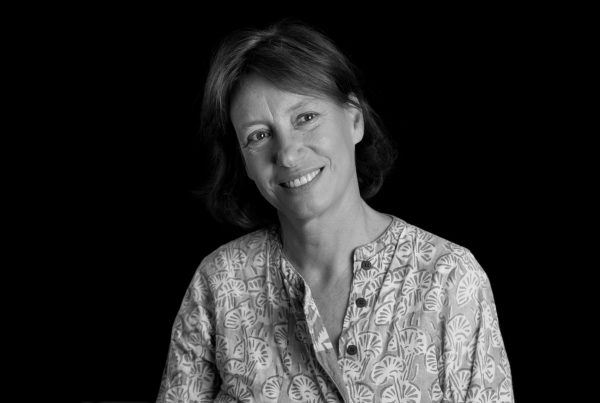I graduated at Universitat Autònoma de Barcelona in 1986. From 1988-1992 Ph.D fellow (FPI) from the Ministerio de Educación y Ciencia at the Universitat Autònoma de Barcelona. In 1993, I moved to the University of Oxford, first as a research fellow and then as Fleming fellowship. In 1996, I moved to Saclay (Paris) as an European Post-Doctoral Research Fellow. In 1998 I was appointed research fellow at the Leibninz University, in Hannover (Germany) where I did my habilitation and became Professor Assistant. Since 2005 I am an ICREA Research Professor. My research interests are quite interdisciplinary and range from quantum information theory, to quantum gases and more recently condensed matter. Presently, I am working in the interface between quantum information and condensed matter. I have stable collaborations with different research groups both at national and international level. Otherwise I am fond of literature, sports and children.
